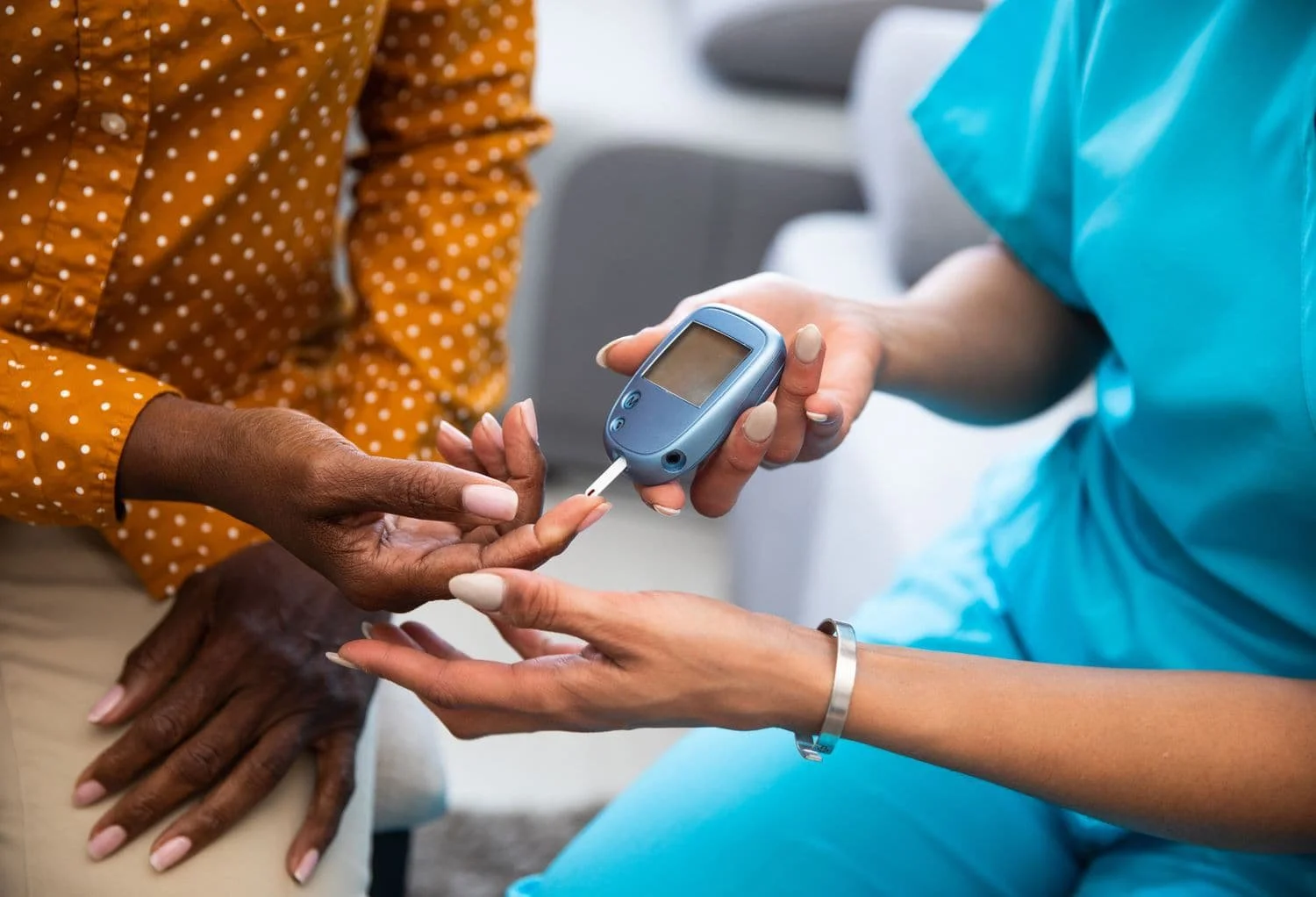On Monday, Nov. 6, about 50 producers, extension agents and other agriculture industry professionals attended the Small Ruminant Industry Leaders Workshop. The event was organized by Dan Quadros, extension small ruminant specialist for the University of Arkansas System Division of Agriculture, and hosted by the Cooperative Extension Service at its Little Rock State Office.
The primary purpose of the workshop was to identify both the challenges and opportunities facing producers in the state.
“My main goal with the workshop was to build a collaborative Arkansas Sheep & Goat Development Plan,” Quadros said. “All that the participants said will be considered. They were representatives of different small ruminant value chain segments and production systems.”
Quadros began the workshop with a review of preliminary data, gathered from surveys conducted earlier this year, aimed at assessing both the demographic makeup of small ruminant producers in Arkansas and the makeup of their respective operations. Among 151 respondents, 60 percent were women, 55 percent were between the ages of 35 and 54 years and 60 percent were considered ”beginning farmers,” with 10 years or less in the industry.
“One thing that is interesting about our industry is the participation of small, family farmers,” Quadros said. “Socially, sheep and goats can be a good alternative in terms of food security, quality of diets and extra income.”
In his survey research, Quadros divided the existing industry into five sectors, including commercial production, hobbyists, 4-H, homesteading and breeding. According to the preliminary data from the study, about 45 percent of the flocks and herds were kept for commercial production. Among all operations, about 80 percent of operations included some production for meat, while about 35 percent was for dairy and about 10 percent was for fiber.
Challenges and opportunities
After Quadros’ presentation, the attendees broke into two groups — one of producers and the other of agents and other professionals. Each group spent about an hour identifying opportunities and challenges related to expanding the small ruminant industry in Arkansas.
Chief among the concerns was the lack of veterinary services and U.S. Department of Agriculture-certified processing facilities throughout Arkansas. While several state-certified processing facilities have come online this year, meat must be processed at a USDA-certified facility to be legally sold across state lines.
Lindi Phillips, a producer in Northwest Arkansas who raises sheep for both meat and wool, said worms and other parasitic infections are as much a concern for fiber producers as they are for meat producers.
“It’s the same challenge,” Phillips said. “If you have high parasite problems, you’re going to have a really low-quality wool clip.” A producer’s “clip” is the total amount of wool produced in a given year.
Phillips is co-founder of Ozark Fibershed, an organization aimed at establishing networks among fiber producers in northern Arkansas, southern Missouri, northeastern Oklahoma and southeastern Kansas. She said the nearest wool processing facility to her is three or four hours away, located in southeastern Kansas — a small operation that is typically booked out at least a year.
“Processing is a huge concern for fiber producers, just like it is for meat producers,” Phillips said.
Nicole Nichols, Saline County agriculture agent for the Division of Agriculture, raises small ruminants for meat in Pulaski County. She said that most of her clientele are looking for lamb that is prepared in kosher- or halal-observant facilities, which only adds another challenge in getting the meat to market.
“I have to go to Memphis to get anything processed,” Nichols said. “It’s a hurdle. For the ethnic market, you need something close.”
Nichols said that marketing small ruminants also faces an uphill battle in terms of promotion. Outside religious and specific ethnic communities, goat and lamb are not often on the dinner table.
Despite that, there are already some market opportunities within the United States not being met by American small ruminant producers. Stacey Stone, Nevada County extension staff chair for the Division of Agriculture, noted that a significant portion of both the lamb and goat meat consumed in the United States is imported.
“You’ve got people talking about developing secondary or niche markets, and we’re not even fulfilling the demand that’s already here,” Stone said.
Quadros said that about 30 percent of goat meat is imported from outside the United States. Historically, he said, about 50 percent of lamb is imported, although more than 70 percent was imported in 2022.
“This means we have a lot of room to grow just to supply our national demand,” Quadros said.
Stone said one plausible way to expand the small ruminant industry in Arkansas and elsewhere is to incorporate sheep and goats into mixed-species grazing.
“We have cattle producers that are spending lots of money on chemicals to control weeds,” Stone said. “If they’d use sheep and goats in their rotational grazing, it would control weeds, save on chemical costs and make money.
“In doing that, we could have sheep and goats in numbers that we could actually be a player,” he said. “People like myself with 20 or 30 sheep and goats are not going to have an effect on the market. But when you start getting people with hundreds of ruminants, it can make a difference. That’s probably going to take some of the big cattlemen getting into it.”
Stone said one challenge to popularizing ruminant production right now is the high prices beef cattle are fetching on the market.
“When cattle are bringing in $3 a pound, producers aren’t interested in making any changes,” he said. “It’s during bad times that they start thinking about other ways of doing things.”
To learn about extension programs in Arkansas, contact your local Cooperative Extension Service agent or visit www.uaex.uada.edu. Follow us on X and Instagram at @AR_Extension. To learn more about Division of Agriculture research, visit the Arkansas Agricultural Experiment Station website: https://aaes.uada.edu/. Follow on X at @ArkAgResearch. To learn more about the Division of Agriculture, visit https://uada.edu/. Follow us on X at @AgInArk.




















